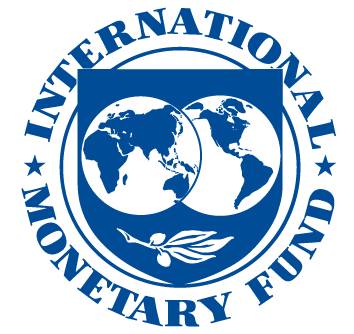The International Monetary Fund (IMF) has reportedly finally given Ghana numerous requirements to meet before they would be awarded a loan to recover the Ghanaian economy from its current dire situation, according to the Herald newspaper.
The common Ghanaian may also feel the effects of these circumstances since many of them could cause us to lose the interventions we have been a part of ever since the Akuffo Addo-led New Patriotic Party took office six years ago. Depending on each country's GDP and economic health, the International Monetary Fund makes loans to those nations.
Non-concessional interest loans may be offered to developed nations with strong GDP and currencies in the hopes that they will be able to repay them or at the very least make good use of them in order to further stabilize their economies.
Concessional loans, on the other hand, may be given to developing or impoverished nations like Ghana, with the International Monetary Fund dictating how and what the nation uses the money for.
The Organization decides which sector of the country's economy should be restored or maintained after assuming that developing countries are incapable of handling their business in the first place, thus the requirement for a loan.
The free senior high school policy, which was implemented by the new patriotic party in 2017 after winning the 2016 general election, is one of the prerequisites. Given the needs of various sectors, the IMF believes Ghana's economy is not in a position to provide free senior high school education.
Additionally, the resolution of the nation builders corps, as a significant amount of money is used to pay a number of economically inactive adolescents who are only semi-employed.
In order to lower the unemployment rate, it is suggested that the government divert these funds into the building of additional industries and job-creating initiatives.
Furthermore, the IMF does not understand why a nation seeking its assistance would prioritize building a cathedral over more urgent issues like the ongoing flooding in the capital and rising food prices in markets throughout Ghana's 16 regions.
The President will be urged by the IMF to reduce the size of the government, particularly the number of ministers. Ghana presently has around 82 ministries, and paying for all of them costs a significant amount of money.
The International Monetary Fund will also want the government to remove the ex gratia system, which leases out substantial sums of tax payer money to former presidents and ministers of states who were fairly compensated during their terms and received appropriate retirement benefits.
These are only a few of the instructions the financial institution will need from Ghana if it decides to lend us money to help our economy recover and stand up again.
Many Ghanaians oppose the government's intention to approach the IMF for yet another loan despite having already received many during its six years in power. Ghana's current debt is over $54 billion, or more than 7000 percent of the country's GDP.



No comments yet
Be the first to share your thoughts!